
Sewage backups are an unpleasant reality of home maintenance that can lead to significant health hazards and property damage. Understanding the common causes of sewage backups can be the first step in preventing future incidents. Let's dive into the common culprits behind these messy malfunctions and what you can do to safeguard your home.
Common Causes of Sewage Backups
Tree Root Intrusion
The idyllic shade provided by a tree outside your home might come at a cost if its roots invade your sewer line. As tree roots grow, they seek out sources of water, which can lead them to small cracks or loose joints in your underground plumbing. This infiltration not only blocks the flow of waste but can cause further damage as the roots continue to grow.
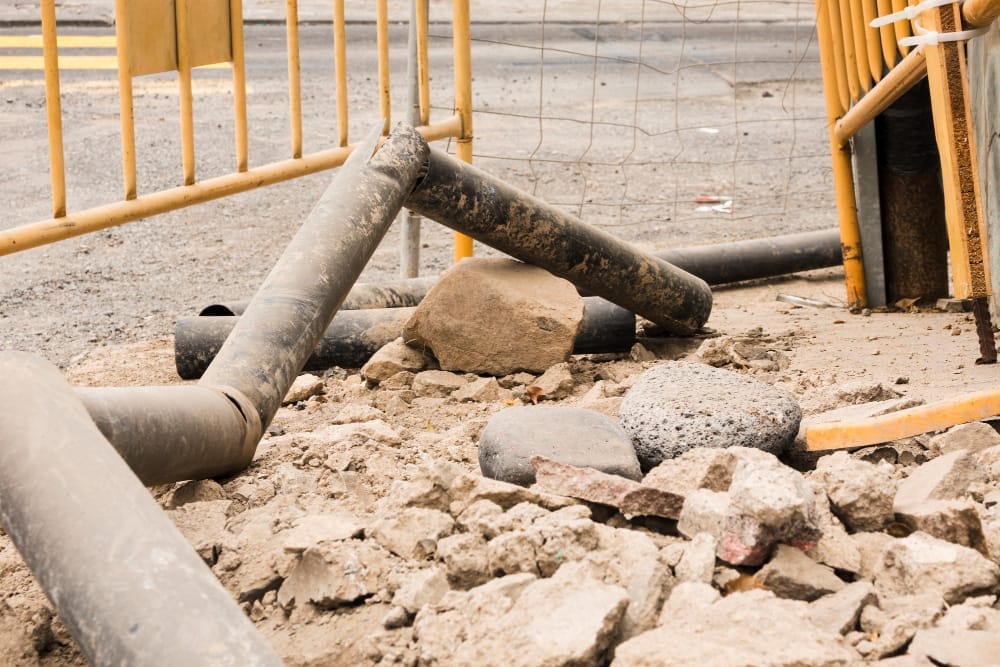
Old or Damaged Pipes
Every part of a home has a life expectancy, including its plumbing. Over time, materials deteriorate, leading to sagging lines, joint dislocations, and complete collapses. If your property is older or if you've been neglecting inspections and maintenance, those aged pipes could be the weak link in your sewage system, waiting to give way under pressure.
Improper Disposal of Grease and Oil
It's a common misconception that it's safe to dispose of grease and oil by washing them down the drain. In reality, these substances solidify and can form stubborn blockages in the pipes when they cool. Over time, these blockages grow, eventually stopping the flow of water and waste entirely.
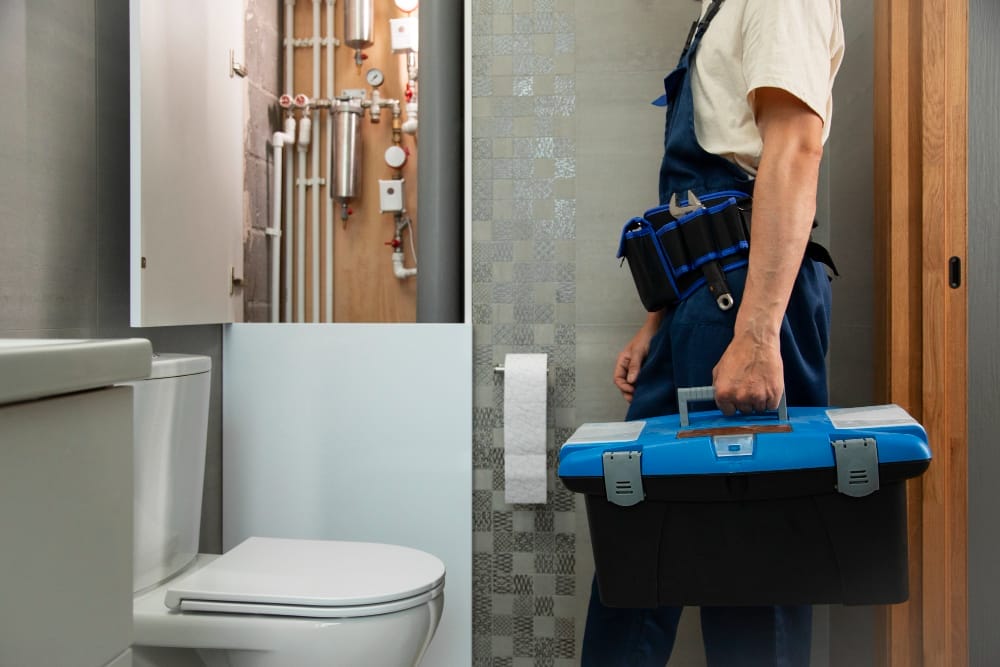
Flushing Non-Biodegradable Items
We've all heard the warnings, but sometimes convenience wins over common sense. Items like flushable wipes, hygiene products, and even paper towels don't disintegrate like toilet paper, making them more likely to contribute to a sewage backup.
Heavy Rainfall or Flooding
Nature can be as much to blame as our homes and habits. Intense rainfall can overwhelm your local sewer system, causing a backup that might not be preventable from within your property. In these cases, the focus shifts to managing and minimizing the damage rather than preventing it.
Preventive Measures
Regular Inspections and Maintenance
Professional inspections can catch issues before they become disasters. Making routine checks part of your maintenance schedule can save you a lot of money in the long run. And remember, prevention is more cost-effective than reaction.
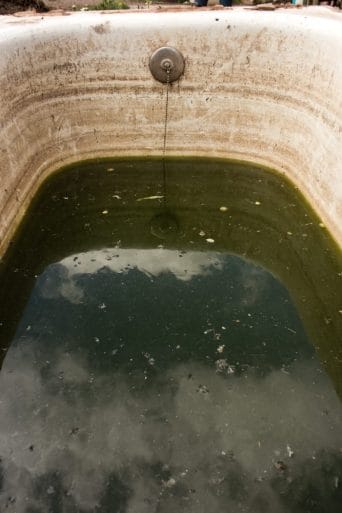
Proper Disposal Practices
Educate everyone in your home about what is and isn't safe to put down the drain. Implement practices in your household that prevent the introduction of non-degradable materials and grease to your plumbing system.
Installing Backwater Valves
A backwater valve is a fixture that prevents sewage from flowing back into your home. It's a simple but crucial addition to your plumbing system, especially if you live in an area prone to heavy rain or flooding.
Educating Homeowners and Tenants
Knowledge is power, and when it comes to preventing sewage backups, widespread understanding and action are key. Regular newsletters, pamphlets, or even informational sessions can ensure that everyone knows their role in keeping the sewage system running smoothly.
Signs and Symptoms of Potential Sewage Backups
/
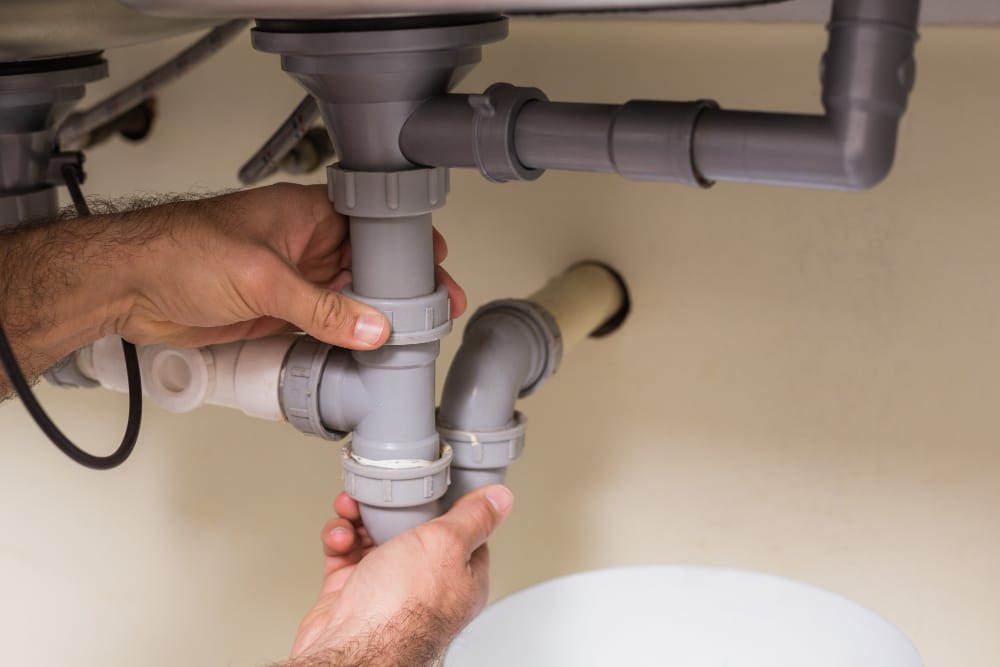
Slow Draining Fixtures
If your sinks, showers, or tubs are taking longer to drain, it's a sign that there's a blockage somewhere in the line.
Foul Odors
The smell of sewage in or around your home is never a good sign. It can indicate both blockages and potential damage to your sewer line.
Multiple Clogged Drains
It's not a coincidence if several of your drains are clogged at once. This could be a warning that there's a more serious problem further down the line.
Sewage Backing Up in Lower-Level Fixtures
The most alarming sign of all, sewage backing up into any of your lower-level fixtures, indicates a major issue that needs immediate attention.
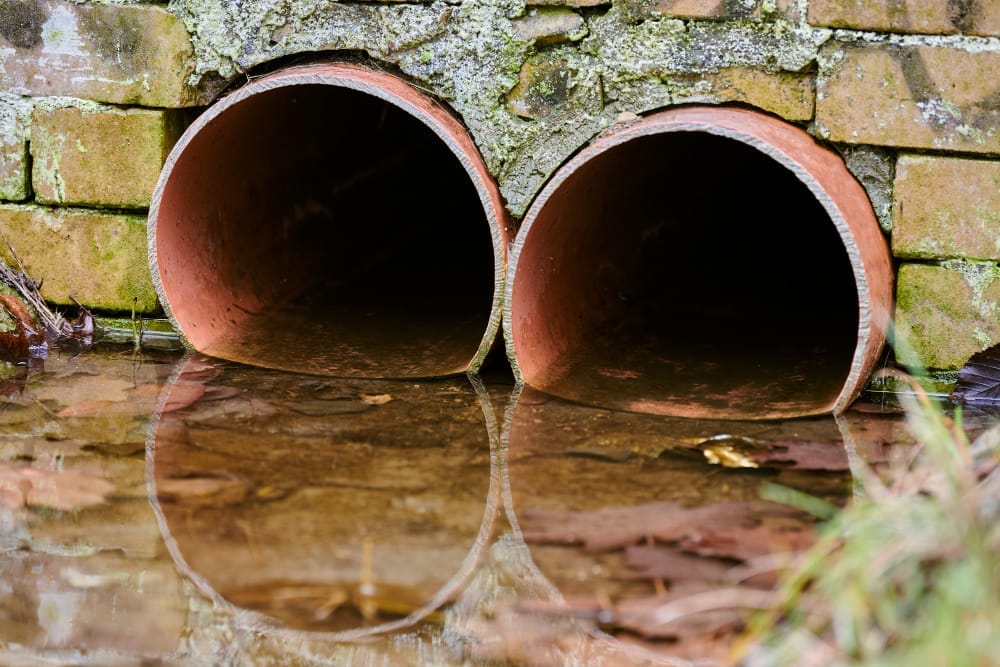
Dealing with Sewage Backups
Immediate Actions to Take
Understanding what to do during a sewage backup can mean the difference between a minor inconvenience and a major cleanup. Upon a sewage backup emergency, you should:
- Turn off the main water supply to your home.
- Avoid flushing toilets or using any water-based fixtures.
- Open windows and doors for ventilation.
- Evacuate the premises if necessary.
Never enter a room with standing sewage water unless the electricity has been turned off!
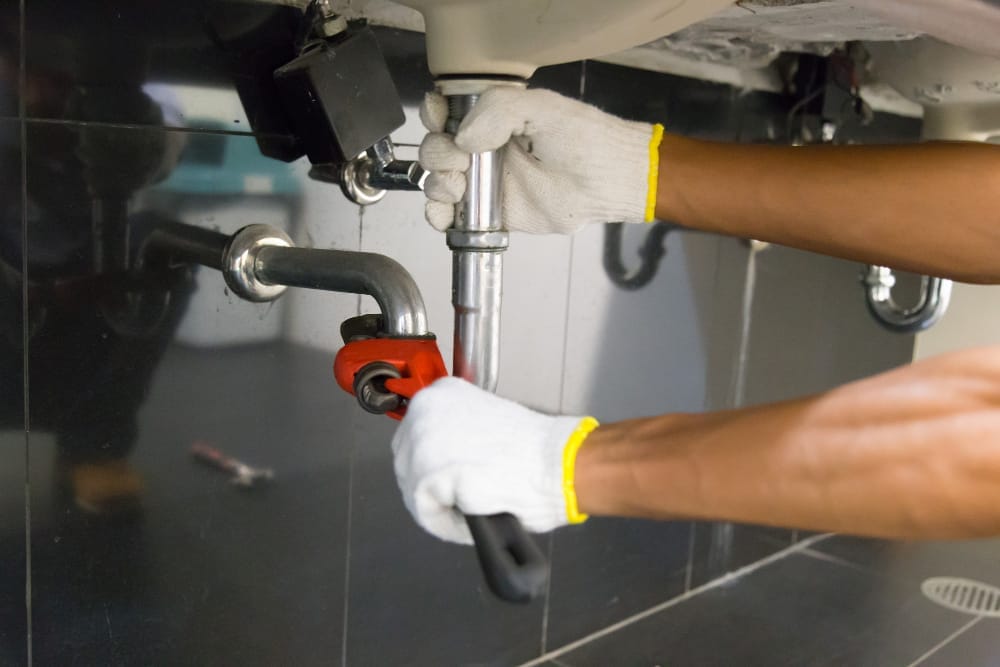
Calling a Professional Plumber
While it's tempting to try to fix a sewage backup yourself, it's always best to leave it to the professionals. A licensed plumber will have the expertise and equipment to properly diagnose and handle the issue, reducing the potential for further damage or health hazards.
Bio-One of Chula Vista Can Help
A sewage backup is a serious event that requires immediate attention. Remember, regular maintenance, informed practices, and preparedness are your best defenses against the mess and stress of sewage backups.
But if you do experience a backup, Bio-One of Chula Vista is here to help. Our team of experienced professionals can handle sewage cleanup quickly and efficiently, restoring your home and peace of mind in no time. Contact us today for more information about our services or to schedule an appointment.


